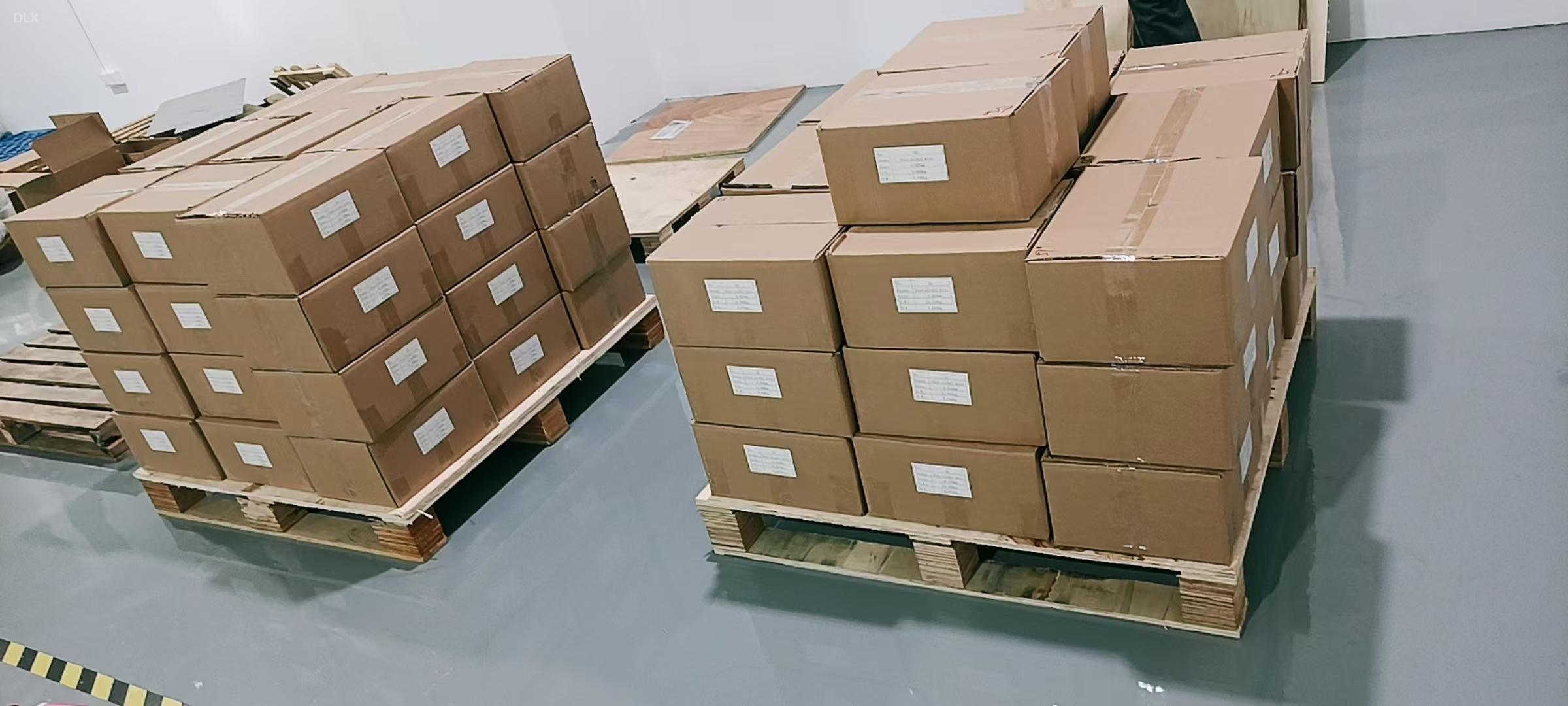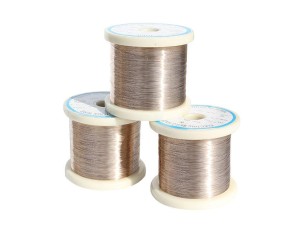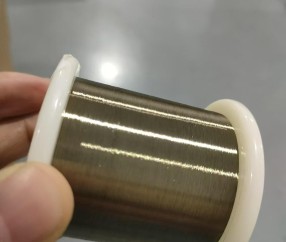6 methods to Avoid theResistance wire Rusting
Release time:2025-12-29 Strike:824 Inquire Now
6 methods to Avoid theResistance wire Rusting

To address the issue of resistance wire rusting, consider the following solutions:
Choose a Corrosion-Resistant Material:
Use resistance wires made of nichrome (nickel-chromium) or Kanthal (iron-chromium-aluminum) alloys. These materials are designed to resist oxidation and corrosion at high temperatures.
Apply Protective Coatings:
Coat the wire with a corrosion-resistant layer such as ceramic, silicone, or a high-temperature-resistant coating to minimize exposure to moisture and air.
Control the Environment:
Reduce humidity and exposure to corrosive substances (e.g., salts, acids, or bases) in the operating environment.
Use the wire in a controlled or enclosed system to limit contact with oxygen and moisture.
Periodic Maintenance:
Regularly inspect and clean the resistance wire to remove any buildup of debris or corrosion. Use non-abrasive cleaning methods to avoid damaging the wire.
Optimize Operating Conditions:
Avoid operating the resistance wire at temperatures exceeding its rated limits, as this can accelerate oxidation and degradation.
Ensure proper ventilation to prevent heat buildup, which can exacerbate corrosion.
Use Alloy Upgrades:
For highly corrosive environments, consider advanced alloys like Inconel or other nickel-based materials, which offer superior corrosion resistance.
Implementing these strategies can significantly extend the lifespan of resistance wires and maintain their performance.
-
How to Apply for BIS Certificate India
Here is a clear explanation in English on how to apply for a BIS...
-

Alloy28 Stainless steel with 28% Cr and 3% Mo
🔧 UNS N08028 Stainless Steel – Overview and ApplicationsUNS N080...
-

Exploring the Applications of Resistance Wire: From Industrial Heating to Electric Vehicles
Resistance wire is a specialized material widely used in various...
-

How to Caculate the Nichrome80 Temperature
We’re super stoked about our Nichrome 80 wire, a go-to for high-...



